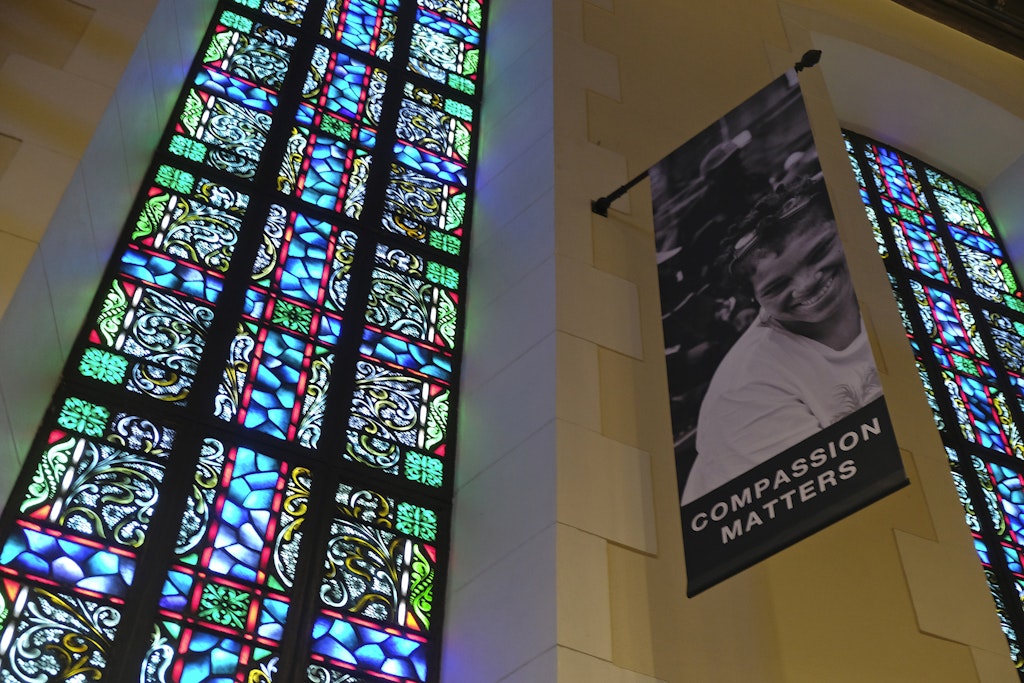
POLL
Ask a pastor? Probably notDETROIT — Timothy Buchanan says he never consults clergy about important decisions, but it’s not for lack of faith: He regularly attends a nondenominational Christian church near his home.
Buchanan, 41, is not alone. A large majority of Americans make important decisions without calling on religious leaders for advice, according to a new survey released Monday by The Associated Press-NORC Center for Public Affairs Research. The poll finds three-quarters of American adults rarely or never consult a clergy member or religious leader, while only about a quarter do so at least some of the time.
“The church we go to is quite large, and we’re relatively new there,” said Buchanan, who lives with his wife in Bolivia, N.C. “We really haven’t established a relationship with a minister there. Going to larger churches, it’s nearly impossible now to get a relationship with a clergyman or woman.”
The lack of personal connection with ministers even includes people who identify with a specific religious faith, though those who are most engaged with their faith are more likely to have relationships with clergy.
The poll finds about a third of Americans saying they attend church or other religious services at least twice a month; roughly a quarter never go. Among religious adults who attend services at least twice a month, about half say they sometimes or often consult with a religious leader. That compares with 16% of religious adults who attend services less often.
And while the poll finds a majority of Americans still identify with a specific faith, about half overall say they want religious leaders to have little influence in their lives.
For his part, Buchanan feels a connection to faith — he grew up in a small church and has an uncle who is a Baptist minister — but he’s still feeling his way around where he worships. Besides the size, he feels some of his own reticence to reach out to a pastor could be a reflection of the technology-focused times.
“People don’t know how to have personal communications with other folks when you need to ask questions or need to get help,” he said. “For instance, we’ve got some issues with our health insurance plan, so I spent an hour today Googling … instead of just picking up the phone and calling somebody.”
Tim O’Malley, a theology professor at Notre Dame University, said he suspects that technological self-service is among the factors contributing to infrequent contact with clergy.
“In American life, there has ultimately been a broad rejection of ‘experts’ apart from the person searching for the answer on his or her own,” O’Malley said in an email. “Think about the use of Google. You can literally Google anything. Should I have children? What career should I have? When should I make a will? How do I deal with a difficult child?
“In this sense, there has been a democratization of information based on the seeking self,” he added. “You can find the information more easily through a search engine than finding a member of a clergy.”